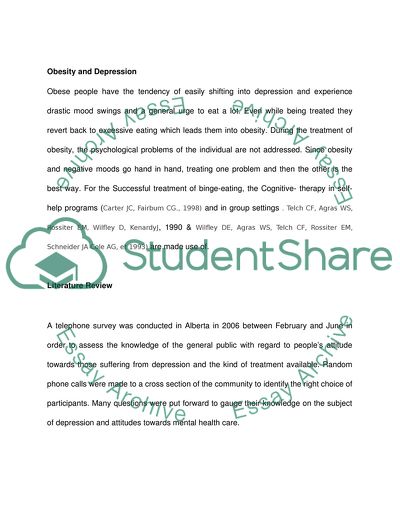Cite this document
(Adult Women and Depression Research Paper Example | Topics and Well Written Essays - 1750 words, n.d.)
Adult Women and Depression Research Paper Example | Topics and Well Written Essays - 1750 words. Retrieved from https://studentshare.org/psychology/1720938-adult-women-and-depression
Adult Women and Depression Research Paper Example | Topics and Well Written Essays - 1750 words. Retrieved from https://studentshare.org/psychology/1720938-adult-women-and-depression
(Adult Women and Depression Research Paper Example | Topics and Well Written Essays - 1750 Words)
Adult Women and Depression Research Paper Example | Topics and Well Written Essays - 1750 Words. https://studentshare.org/psychology/1720938-adult-women-and-depression.
Adult Women and Depression Research Paper Example | Topics and Well Written Essays - 1750 Words. https://studentshare.org/psychology/1720938-adult-women-and-depression.
“Adult Women and Depression Research Paper Example | Topics and Well Written Essays - 1750 Words”, n.d. https://studentshare.org/psychology/1720938-adult-women-and-depression.


